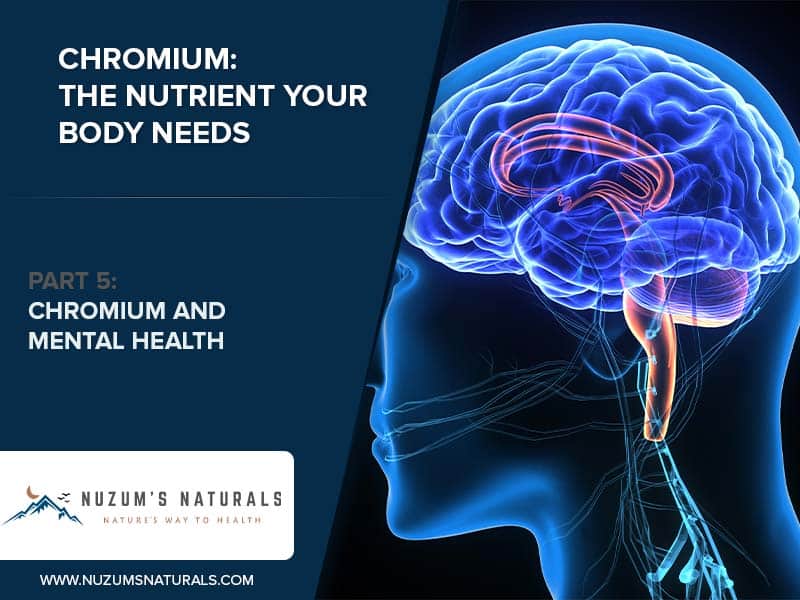Calcium: The Secret To Better Sleep And Nerve Function
Better sleep is something many people want in their lives. What if a commonly known mineral could help with that? What if that same mineral could help with your nerve function as well? Calcium is an essential mineral for humans and is critical for overall health as well as aiding in sleep and nerve function.
Calcium helps strengthen bones, aids in muscle movement, and helps regulate hormones. Additionally, calcium helps regulate the heart rhythm and helps the brain send and receive nerve signals. The benefits of calcium include improved bone and teeth health, increased muscle strength, and improved nerve and heart health.

1Introduction
Calcium is a common mineral that is crucial for human health. Food sources that are high in calcium include dairy products (such as cheese, yogurt, and milk), dark leafy greens (such as kale, broccoli, and spinach), nuts (such as almonds), and some fish (such as sardines and salmon). Additionally, some foods are fortified with calcium, such as breakfast cereals, orange juice, and tofu.
For those who find it difficult to get enough calcium through their diet, there are a variety of calcium supplements available. These include calcium carbonate, calcium citrate, and calcium lactate. Additionally, there are supplements with combination forms of calcium, such as calcium hydroxyapatite and calcium gluconate.
In this article, we’ll be covering the ways that calcium can help with your sleep and your nerve function in particular. The first section will cover how calcium affects sleep. Then, we will go into how to take calcium, the benefits of taking it before bed, and even other nutrients to take to improve your sleep further. Then, the article delves into the impact calcium has on nerve function, how calcium can help your nerve function, and a few risks that too much calcium can carry. We’ll also go further into sources of calcium and calcium supplements in particular.

2Calcium And Sleep
Calcium plays a critical role in the quality of your sleep. It helps maintain healthy levels of melatonin, which is the hormone that regulates your sleep-wake cycle. Calcium also helps the body absorb tryptophan, an amino acid that helps promote sleep. Therefore, having enough calcium can help improve the quality of your sleep and make it easier to fall asleep and stay asleep.
Taking calcium before bed can help improve your sleep quality. As mentioned earlier, calcium helps the body absorb tryptophan, which helps create melatonin, the hormone that regulates your sleep-wake cycle. Additionally, calcium helps promote good muscle relaxation, which can help you fall asleep and stay asleep longer.
The amount of calcium you need for sleep depends on your age and gender. Generally, adults need 1,000 to 1,200 milligrams of calcium per day. Most people can get the calcium they need from their diet and don’t need to take a supplement. If you’re not getting enough calcium in your diet, you might want to talk to your doctor about taking a calcium supplement.
Taking other nutrients with calcium can help improve your sleep quality. Magnesium helps relax muscles, and zinc helps with the production of melatonin. Additionally, vitamin D helps the body absorb calcium, and vitamin B helps with energy levels. Therefore, taking a combination of these vitamins and minerals, along with calcium, can help you get a better night’s sleep.

3Calcium And Nerve Function
Calcium is crucial for nerve function. Calcium helps send signals from the brain to the rest of the body, which is important for proper nerve functioning. Taking calcium supplements has been shown to help improve nerve function, as it can help strengthen the connection between the brain and the nerves. It may also help with issues such as nerve pain and numbness.
Taking calcium can help improve nerve function and may help alleviate some nerve-related issues. Calcium has been shown to help reduce nerve pain and can help improve the nerves’ ability to send signals from the brain. Additionally, calcium helps promote bone health, which can also help protect the nerves and reduce the risk of nerve-related issues.
Calcium can help improve nerve function and reduce nerve pain, numbness, and tingling. It has also been shown to help with muscle spasms, which can be caused by nerve damage. Additionally, calcium can help reduce the risk of developing neurological disorders, such as Alzheimer’s and Parkinson’s.
Although taking calcium can be beneficial for nerve function, it is critical not to take too much. Taking too much calcium can lead to health issues, such as kidney stones and an increased risk of heart disease. It is vital to consult with your doctor to determine the right dosage for you.

4Food Sources Of Calcium
Calcium can be obtained through the foods you eat. Some of the best sources of calcium include dairy products, like milk, cheese, and yogurt, as well as green leafy vegetables, like kale, bok choy, and broccoli. Other good sources of calcium include fortified cereals, almonds, and canned salmon or sardines. Getting your calcium from food sources provides the additional benefit of other nutrients, like vitamins and minerals, that can help with overall health. However, it can be difficult to get enough calcium through food sources alone, and it can be difficult to make dietary changes that increase calcium intake.
Getting enough calcium is critical for overall health, and getting it from food sources can provide additional benefits. Eating calcium-rich foods can help protect the bones and teeth and can also help with other conditions like hypertension and diabetes. However, the drawback of getting calcium from food sources is that it can be difficult to make dietary changes to increase calcium intake. To maximize your calcium intake, focus on foods like dairy products, green leafy vegetables, fortified cereals, almonds, and canned salmon or sardines.
Finding enough calcium in your food can be a struggle for some people. Taking a daily multivitamin with calcium can help make sure that you get enough of this essential mineral. Alternatively, there are many options for lone calcium supplements.

5Calcium Supplements And Dosage
Calcium supplements come in many different forms. These include calcium carbonate, calcium citrate, and calcium gluconate. Calcium carbonate is the most common form of calcium supplement and is often found in over-the-counter supplements. Calcium citrate is also a popular choice, as it is easier for the body to absorb. Calcium gluconate is a less common form of supplement but is still available.
Calcium is crucial for strong bones and teeth. Taking calcium supplements can help ensure that your body gets the calcium it needs to maintain healthy bones. It can also help prevent bone loss associated with aging. Calcium may also help reduce the risk of developing certain types of cancer as well as Type 2 diabetes and hypertension.
It is crucial to take calcium supplements with other essential nutrients in order to maximize their benefits. Vitamin D helps the body absorb calcium and is vital to include in any supplement regime. Magnesium is another essential nutrient to take with calcium, as it helps the body break down and use the calcium. It is also necessary to speak with a doctor before taking any supplements to ensure that you are taking the right combination of nutrients.
The recommended daily dose of calcium for adults is 1,000-1,200 milligrams per day. It is vital to speak with a doctor before starting any supplement regime to ensure that you are taking the right dose for your needs. The dose may vary depending on your age, sex, and health status.

6Conclusion
Calcium is an essential mineral for the body, and taking calcium for sleep and nerve function has many benefits. There are a variety of sources of calcium, including dairy products, dark leafy greens, and fortified foods. It is vital to take calcium safely and to make sure not to take too much.
It is important not to take too much calcium, as it can be dangerous. Too much calcium can lead to calcium buildup in the body, which can cause kidney stones and other health issues. Additionally, taking too much calcium can interfere with the absorption of other minerals, leading to an imbalance of minerals in the body.
In conclusion, taking calcium for sleep and nerve function can have a range of benefits. Calcium is important for healthy nerve transmission and can help you get better sleep. It is also important for muscle and bone health, helping keep your body strong and healthy.
The best sources of calcium for sleep and nerve function are dairy products, dark leafy greens, and fortified foods. Dairy products, such as milk, cheese, and yogurt, are high in calcium and are easy to incorporate into meals and snacks. Dark leafy greens, such as kale, spinach, and collard greens, are also good sources of calcium. Additionally, fortified foods, such as some breakfast cereals, orange juice, and soy milk, are also good sources of calcium.















